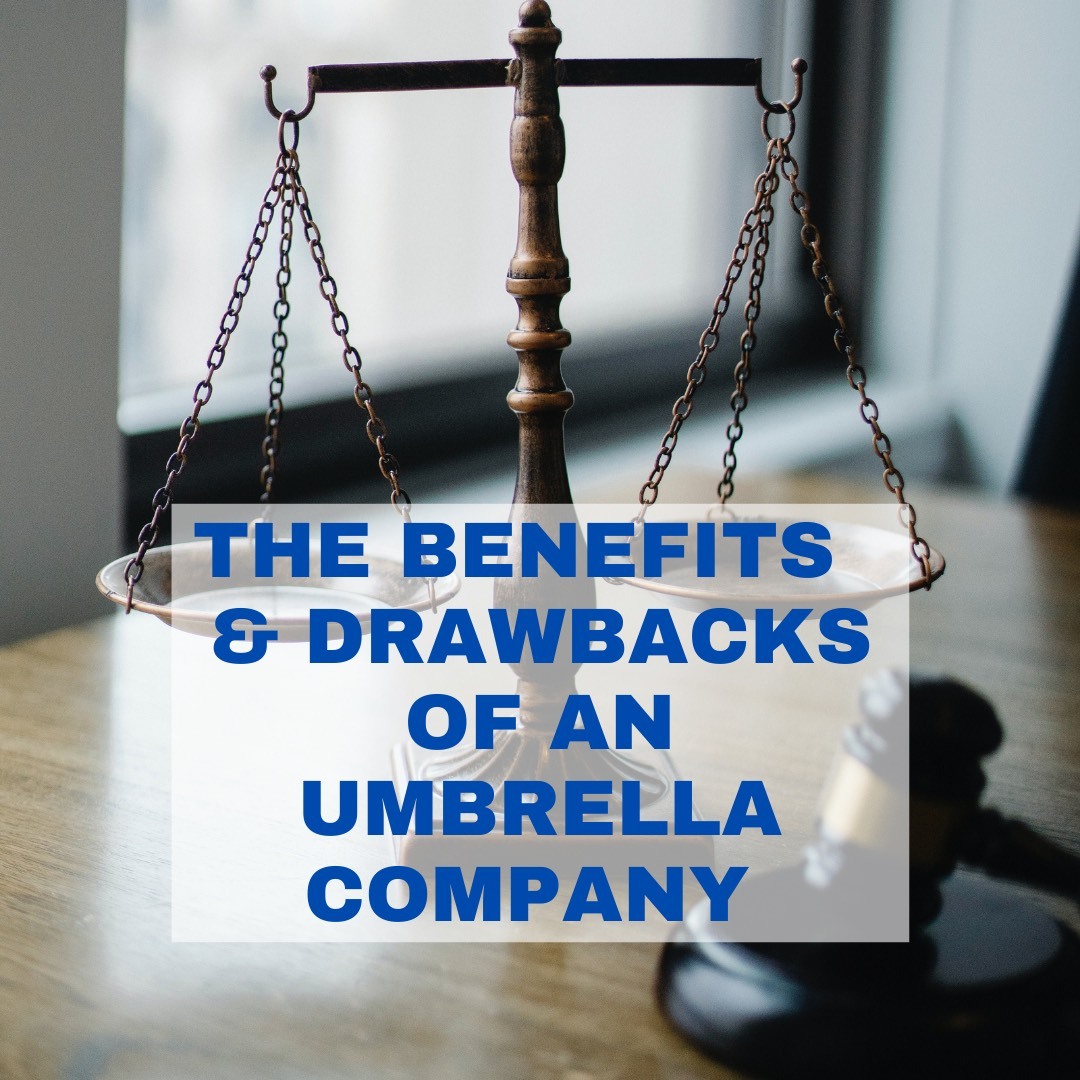Umbrella companies have thrived in the UK over the last decade and can provide a ‘hassle-free' market structure for many contractors. When you enter an umbrella company, you become an employee of that company. The umbrella serves as a go-between for you and your recruiting company (or end client). It handles administration (such as accounting and taxes) and relieves you of the burden of running your own personal service business.
Payroll is also handled by the umbrella firm. They bill and receive payment for the work you complete. Then they compensate you by PAYE after deducting expenses such as taxes, NI contributions, and employer pension payments.
Why do you hire an umbrella service?
Operating a limited company can be difficult, and it is not always the best option for contractors.
If you are a new contractor, you may not want to go through the trouble of forming a limited company right away. Similarly, if you realise you'll only be contracting for a brief period of time, you won't want to go through the hassle of forming a limited company only to dissolve it later.
Using an umbrella company allows you to avoid administration. It means you won't have to keep company documents, file VAT returns, or manage any of the other duties that come with being a limited company director.
When it comes to payment, the contractor retains timesheets that they send to the umbrella firm. From there, payroll is processed.
However, if you do any of your contracting through an umbrella business, you would not benefit from the tax advantages of a limited company because compensation is subject to PAYE regardless of a contract's IR35 status.
Status of an IR35 umbrella organisation
A contractor will operate on contracts both within and outside of IR35 because IR35 status only applies to contracts, not the contractor.
To minimise administration, some contractors who only work inside IR35 can choose to use an umbrella business (and because calculating tax and National Insurance can be complex).
You can also operate a limited company and work on contracts that fall under the purview of IR35. You may also operate a limited company while still working under an umbrella company.
The Benefits and Drawbacks of Using an Umbrella Business
Benefits
- Contractors have rights – as an umbrella employee, you are entitled to compulsory sick time, holiday pay, maternity and paternity leave, and a workplace pension;
- Reduced administration – the umbrella handles invoicing, invoice collection, timesheet distribution, and payroll;
- Useful for contractors on a short-term basis – You do not need to form a limited company (and deal with everything alongside it, like registering with Companies House).
Drawbacks
- Tax productivity – umbrella corporations can place you on the payroll by PAYE, which means that all of your income is salary, and they can subtract their fees (umbrella membership will cost about £30 a week);
- You don't have as much leverage – operating a limited company ensures you have complete control over the company's accounting, management, and payment system;
- Not all umbrella companies are up to date – Some of the more unscrupulous ones promise to lower your tax liability while increasing your take-home pay, so do your homework. To begin, determine if the umbrella is a member of the Freelancer & Contractor Services Association (FCSA).
Although all UK Umbrella Companies use PAYE, which means you can pay your taxes as you go in the same way as a regular employee. However, and this is critical, ALL Umbrella Companies follow the same rules and regulations, which means no magical formulas, intricate plans, or imaginative accounting. For accounting and business advice, please contact Persona Finance [enquiries@personalfinance.co.uk].



